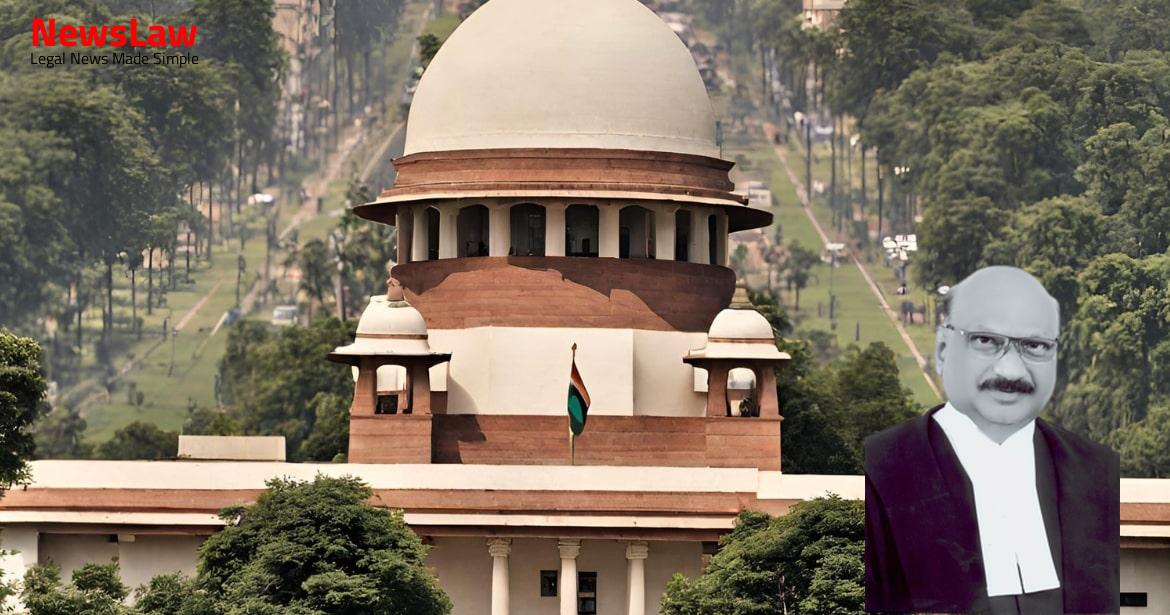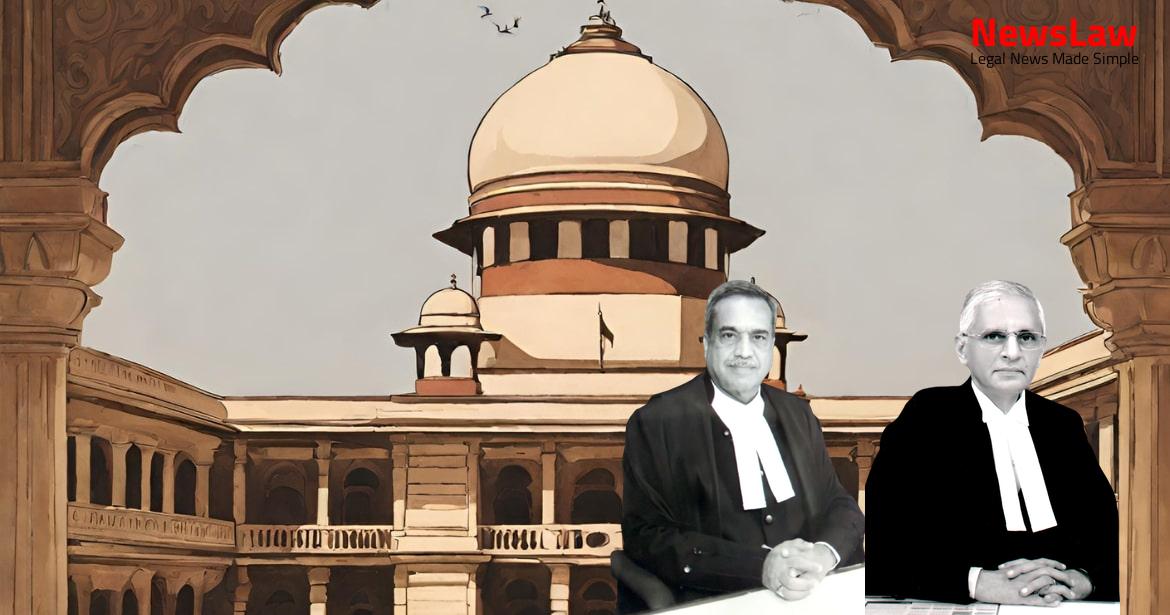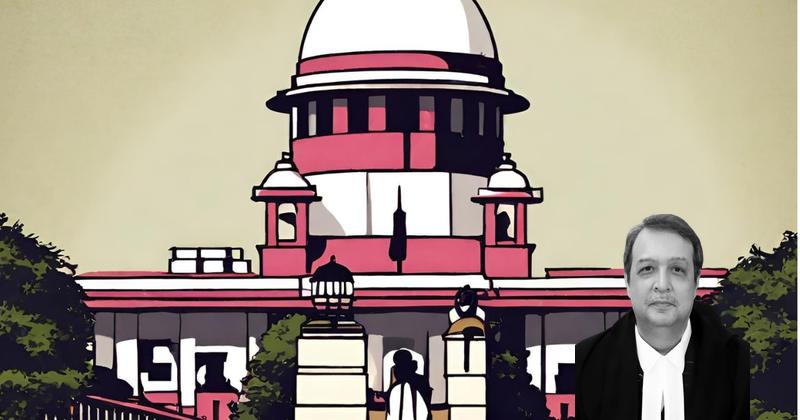ABP Pvt Ltd (“assessee/respondent”) in October 2003, imported one set of high speed cold set (Universal 70)
Also Read: https://newslaw.in/supreme-court/legal-analysis-of-claim-for-loss-of-profit-in-delayed-contract/
Web Offset printing machine along with the necessary parts and accessories and claimed exemption from payment of the duty relying upon the notification dated May 28, 2003 (hereinafter, “ First Notification ”). However, owing to the Amended Notification, the assessee was ineligible for the benefit of the previously enjoyed concession, under the First Notification, and was liable to pay customs duty at 39.2% on the value of the Imported Machine amounting to 1,92,54,318. Aggrieved by the order of the single judge bench, the Union preferred an appeal to the Division Bench of the High Court. Union of India (hereafter, “ Indian Express Newspapers ”) and observed that actions of the Government under Section 25(1) of the Act are not immune from judicial scrutiny and the power must be exercised reasonably and in furtherance of “public interest”.
The learned ASG also placed reliance on section 21 of the General Clauses Act, 1897 to argue that the Union’s power to issue a notification includes the power to withdraw the same. single width two plate machines with 50000 copies per hour speed) it was necessary to exclude such single width two plate machines, from the scope of concessions. Union of India ( hereafter, “Kasinka”) and urged that though the Union has the power to amend or withdraw an exemption notification granted under section 25(1) of the Act, yet the reasons given by the revenue for justifying withdrawal of the exemption notification must be “relevant” and “sufficient” to the exercise of the power in “public interest”. Learned counsel further submitted that the power of the Central Government under Section 25(1) of the Act to grant or amend an exemption is not unrestricted and the government is duty bound to examine the issue in light of public interest. It was further argued that the machined imported by the Respondents was neither manufactured nor sold in India.
The intention was to restrict the concessional customs duty of 5% with Nil CVD and Nil SAD only to those high – speed cold – offset printing machines which have no indigenous angle.” The tax research unit of the respondent authorities considered the relevant facts and market conditions and upon being satisfied that the first notification required amendment issued the second notification amending the description of the goods in respect of which the exemption was to be prospectively allowed as a matter of fiscal policy.
Serial No 267A of notification No.21/2002-Customs was amended vide Notification No.164/2002-Customs was amended vide notification no.164/2003- Customs dated 11th November, 2003 so as to restrict the benefit of customs duty concession available for specified printing machinery only to ‘high speed cold set web offset rotary double width four plate printing machines with a minimum speed of 70,000 copies per hour’.
The representation also requested that in view of such indigenous capacity, concessional duty should not be given to single width two plate wide machines, and should be restricted to four plate wide double width high speed offset printing machines. The reasons given by the Union, in its affidavit were considered in the impugned order, which rejects the rationale for the amended notification: “As said above it is the element of public interest that governs the field. Indigenous angle therefore was not germane to withdrawal of exemption and this being the position element of public interest which must govern in the case of grant or withdrawal of the grant is lost. Section 25 of the Customs Act, 1962 under which the notifications are issued confers a power on the Central Government coupled with a duty to examine the whole issue in the light of the public interest. In Dai-Ichi Karkaria (supra), a customs notification which reduced exemption from 75% to 25% for a particular period (30-12-1986 to 10-9-1987) was held unjustified because the executive had “not taken into account all the relevant factors while issuing the impugned notifications reducing the exemption to 25% for the aforesaid period” and “failed to discharge its statutory obligation while issuing the impugned notifications. The Government has to be left free to determine the priorities in the matter of utilisation of finances and to act in the public interest while issuing or modifying or withdrawing an exemption notification under Section 25(1) of the Act. First, because the exemption notification having been issued under Section 25(1) of the Act, it was implicit in it that it could be rescinded or modified at any time if the public interest so demands and secondly it is not permissible to postpone the compulsions of “public interest” till after 31-3-1981 if the Government is satisfied as to the change in the circumstances before that date. If any concession has been given it can be withdrawn at any time and no time-limit should be insisted upon before it was withdrawn.”
This court also held that promissory estoppel “can be invoked only if on the basis of representation made by the Government, the industry was established to avail benefit of exemption.”
The reliance by the assessee, on MRF Ltd (supra), in this court’s opinion, is unfounded.
So far as the question of promissory estoppel is concerned, a recent decision of this court, in Prashanti Medical Services & Research Foundation v. [..] a plea of promissory estoppel is not available to an assessee against the exercise of legislative power and nor any vested right accrues to an assessee in the matter of grant of any tax concession to him. It is more so when we find that this sub- section was made applicable uniformly to all alike the appellant prospectively.” In the present case, the principal, or rather the sole ground which persuaded the High Court, to set aside the Amended Notification is that withdrawal of the concession could not be said to facilitate indigenous manufacturers. The wisdom or unwisdom, and the soundness of reasons, or their sufficiency, cannot be proper subject matters of judicial review. For the above reasons, it is held that the impugned judgment cannot be sustained; it is accordingly set aside.
Case Title: UNION OF INDIA Vs. A.B.P PVT.LTD. (2023 INSC 525)
Case Number: C.A. No.-000986-000986 / 2011



